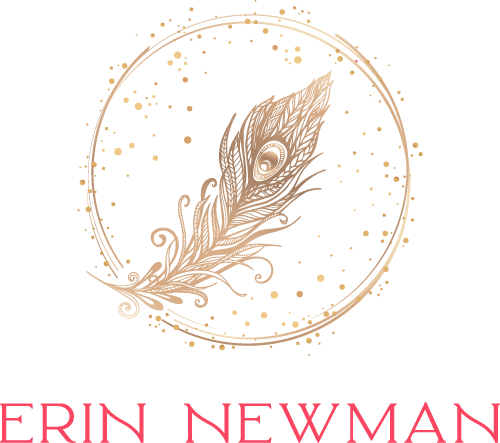As anyone who’s ever read a self help book (or this blog!) knows, there are many paths to personal happiness. But how do we know what really works?
It turns out, many social scientists and psychologists are pondering that same question. And I’ve dug out some answers, for everyone out there who prefers hard science to intuitive thinking. In all of the happiness actions listed below, the methods have been tested with rigorous science, using double-blind (where possible) methods and control groups.
Being happy is hard work:
So we know that these methods really do make people happier. However, each happiness intervention is not ideal for each person. The scientists call this “Person-Activity Fit”. And, each one of these methods is not easy. In fact, many spiritual teachers call this, “The Work”, and they mean it. Because it takes conscious effort to implement any of them and to hold yourself accountable to actively pursuing any of these methods.
Scientific Ways to Get Happy:
1. Express gratitude (with a gratitude journal):
Turns out, mom was right. Counting your blessings really does make us feel a little bit better. One study suggests that journaling about things that we appreciate in our lives is best done only once per week; while the findings from another study suggest that daily journaling of “three good things that happened” has the most positive effect.
Either way you choose, though, it seems that finding a causal link between the good thing that happened is important – that is, write down why this event or thing means something beneficial for you. I would also add here that expressing gratitude in each individual moment, no matter what that moment is, is also very powerful (and crazy hard to do when your kid stole your phone for the millionth time to play Minecraft. As an example.)
2. Using your individual strengths in new ways:
There are many online assessment tools, including one from a leading light in positive psychology, Martin Seligman. The Values of Strengths in Action is free and highlights your best attributes. Once you’ve discovered them – via this assessment or another – try using at least one strength in a different way each day in order to find more meaning in your life.
3. Your best possible self exercise:
As you might have already guessed, this is one of my personal faves, in my own life and for my clients. I’ve written about it before, but I’ll explain it here, too. In this happiness exercise, you simply write about your best possible future self, as if you were already living in that life. We can do this for any part of our lives, from our relationships to our health to our career choices. Also called “scripting”, we write with feeling and emotion about the amazing possibility of the future “you” as if it were already occurring. The more positive emotion you can generate while doing this, including appreciation and gratitude, the better.
This exercise taps into our deeper goals for ourselves, and gives us the possibility to dream and imagine a more vibrant life.
And the scientists discovered that people who followed this exercise for twenty minutes per day over several days (compared to those in the control group who wrote about other topics) “were more likely to show immediate increases in positive moods, to be happier several weeks later, and even to report fewer physical ailments several months thence.” How’s that for happiness?
4. Love is all you need:
Investing in relationships is one of the most significant factors in lifelong happiness. This doesn’t just mean a relationship with a significant other, either, but with friends and other family members, too. Studies have shown that people need the emotional support of other people to be happy and feel fulfilled. Some ways to keep those friendships and relationships with our partners strong include:
a. Expressing appreciation and gratitude (there it is again!) for the other person’s good qualities and actions.
b. Responding with happiness to others’ good fortunes. Sharing in others’ happiness seems to be an even stronger need in humans than supporting friends in hard times. By asking questions and validating the feeling of accomplishment for others, we can strengthen our ties to friends and partners.
c. Sharing of ourselves. Especially with friends, it’s important to share our own experiences and dreams, as hard as they may be to voice. This creates deeper connections and allows others to share their inner thoughts, too.
5. Finding meaning in our careers and lives:
The outer trappings of “success” (money, accomplishment, advancement) will not make us happier. No matter what we choose to do with our lives, discovering meaning and connection to others is a more important indicator for happiness than any external factors. This doesn’t mean that we need to become Mother Theresa in order to be happy, only that we discover, what it is that we do that is of benefit to others.
We can do this by reframing our current role. What is it about our life or career that is of service to others? How do we help to take care of others’ needs?
In each of these studies listed, scientists found that the longer the happiness activities are practiced, the longer the benefits seen (not really a surprise, right?).
Do you struggle with doing “The Work”? Have you set up happiness systems for yourself? How do you hold yourself accountable? These are the types of habits that I work through with clients, and would be happy to speak to you about them in a complementary consultation.
[This post has been amended from my original post on Care 2]



